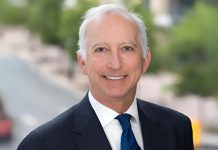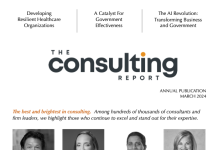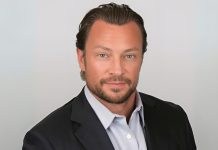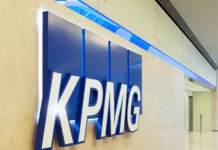Ernst & Young (EY) is preparing to move forward with a break-up of its audit and consulting business offerings, nominating Carmine Di Sibio and Julie Boland to serve as the new heads of the separate companies.
EY initially denied reports that it was planning on separating out its audit and advisory units in July 2022, but in September confirmed that it would be placing the idea to a vote by its 13,000 global partners. The “Big Four” firms — EY, Deloitte, KMPG, and PwC — have been under increasing regulatory scrutiny, particularly in the U.S. and U.K., as critics have raised concerns that their vastly more lucrative consulting offerings could potentially undermine their ability to conduct independent audits of companies receiving both services.
If the split of the nearly $50 billion company is ratified by the firm’s partners, the move would stand as one of the greatest shake-ups of the professional services industry since the dissolution of Arthur Andersen, which served as both auditor and advisor to energy company Enron, whose sudden collapse and resulting scandal caused the demise of both companies.
The appointments were unanimously approved by EY’s Global Governance Council and the firm’s global executive after a selection process involving “soundings” from more than 400 partners, according to Trent van Veen, Head of the Council. The next steps involve EY putting its break-up plan to a vote by partners on a country-by-country basis. Should the plan be approved, EY’s global leader Carmine Di Sibio will head up the newly spun-out consulting business, with the audit business led by U.S. boss Julie Boland, a former investment banker who has served as an EY Partner since 2010.
Speaking to a Reuters Breakingviews podcast, Andy Baldwin, Global Managing Partner, recently said EY would be conducting roadshows to promote its "compelling case" for splitting. While other Big Four firms have insisted that they have no intention of following EY’s move, Baldwin expects that they will eventually follow suit.
"It was an appropriate time to dust down the work we did before. I now feel it is inevitable. We do believe there is a first mover advantage. We also believe the competition at some point in time will also have to respond," Baldwin said.

























